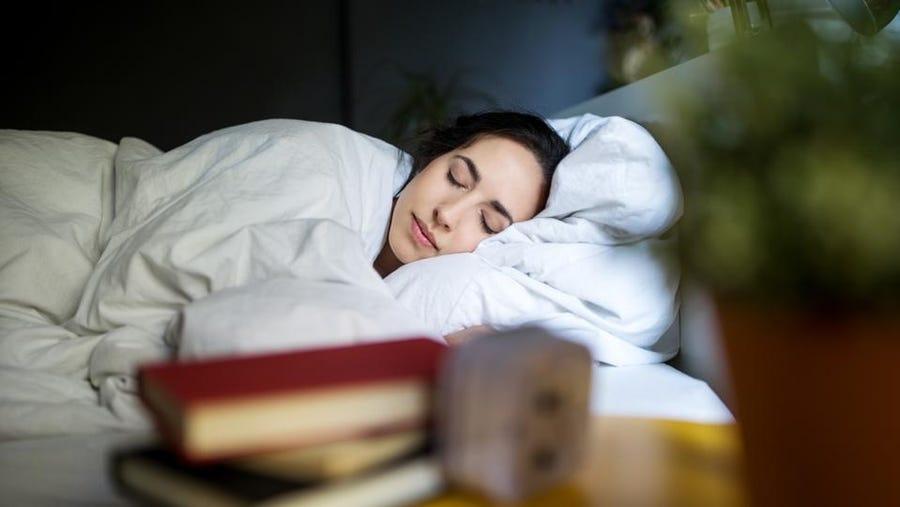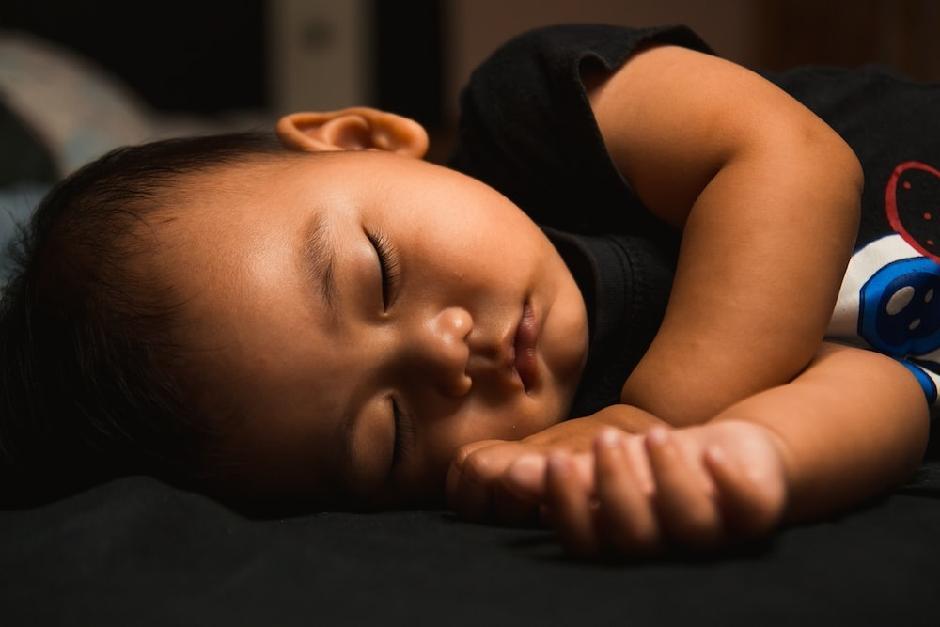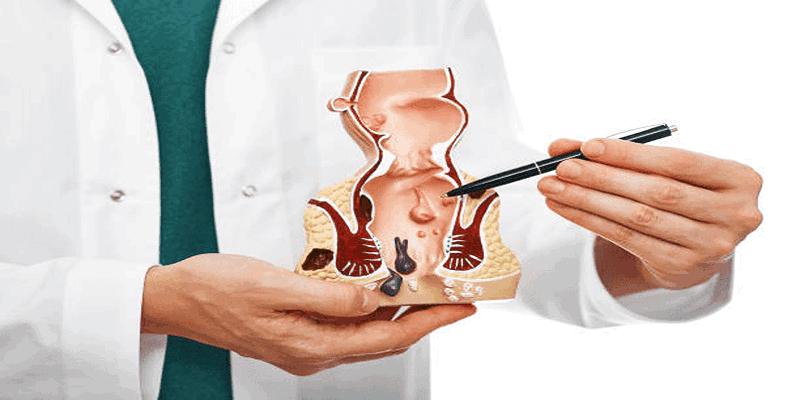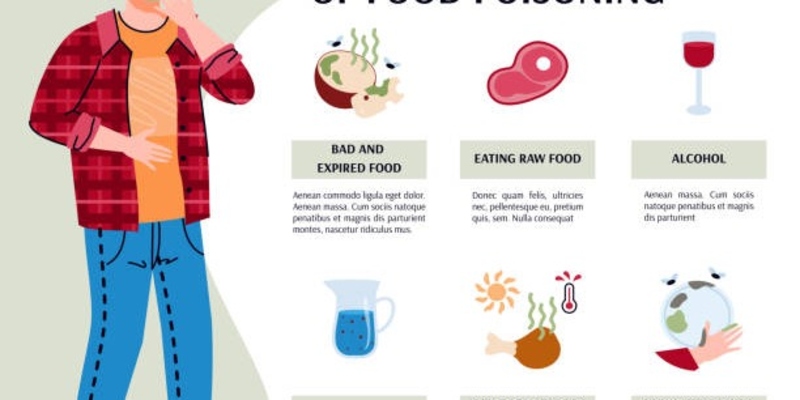Are you having difficulty falling asleep night after night? Do you lay in bed for hours, feeling frustrated, anxious, and exhausted –without seeing that elusive sandman? Believe it or not, there is hope. With the right techniques and tips, you can learn to fall asleep in 10 seconds (or even faster!), one minute at a time.
Whether your goal is to drift off into dreamland quickly or slowly over time with mindful meditation, here are some strategies that will help get you there.
Read on as we explore various methods of how to fall asleep in 10 seconds, an hour, or two – all naturally, with no medications needed.
Why you can’t sleep and the causes of insomnia

Before you can learn how to fall asleep in 10 seconds (or any amount of time), it’s important to understand what may be causing your sleeplessness in the first place.
Insomnia can have a variety of causes, including stress, anxiety and depression, poor sleep hygiene, medications, environmental issues like noise or light levels, age-related changes, and chronic pain. Therefore understanding why you are struggling to get restful sleep is essential before looking into solutions.
How To Fall Asleep In 10 Seconds

If you want an almost instant way to nod off, try this simple exercise – popularized by neuropsychologist Dr. Andrew Weil – called “4-7-8 Breathing”. Start by breathing in for a count of 4, then hold your breath for 7 seconds. Exhale for 8 seconds and repeat the cycle.
As you do this exercise, focus on your breath and clear your head from racing thoughts or worries. With enough practice, this technique can help you drift off into sleep in less than 10 seconds.
How To Fall Asleep In 60 Seconds
If 10 seconds is too fast, try incorporating progressive muscle relaxation (PMR). This technique involves tensing and releasing different muscle groups in succession – starting at your toes and gradually working up to your neck and face.
The idea is that as each muscle group relaxes after being tense, it helps to bring an overall sense of peace to the body. This technique can be practiced in seconds and is gentle enough for anyone to try, regardless of age or fitness level.
How To Fall Asleep In 120 Seconds
Mindful meditation is another great way to get into dreamland quickly. Start by focusing on each part of your body while lying still in bed – from your toes to the tips of your fingers and everywhere in between. When thoughts arise, simply acknowledge them without judgment before returning your focus to relaxation.
The goal here is not necessarily trying to “clear” your head but observing whatever comes up with an attitude of acceptance and non-resistance. Practicing mindful meditation regularly can help improve your ability to let go of restless thoughts and feelings, which will help you fall asleep faster.
Remember that it can take time and consistency before you get results. Learning to fall asleep in 10 seconds or less can take time and consistency before you get results. If using natural techniques isn’t enough, speak with your doctor, who may be able to provide additional solutions such as cognitive behavioral therapy (CBT).
With dedication, patience, and the right knowledge, you can learn to fall asleep faster and say goodbye to insomnia for good! Good luck on your journey towards better sleep.
Create an ideal bedtime routine.
Creating a consistent routine plays a huge role in quickly falling asleep. Establishing habits such as walking before bedtime and brushing your teeth with calming herbs can help “signal” your body that it is time for sleep. Some more tips include:
Exercise regularly during the day
Regular physical activity can help improve sleep quality significantly. Aim for at least 30 minutes of exercise per day – just make sure not to do anything too strenuous close to bedtime, as this can have the opposite effect and make it harder to get a good night’s rest.
Avoid caffeine after 4 pm.
Caffeine is a stimulant and can stay in your system for up to 8 hours, making it harder to fall asleep. To reduce the impact of caffeine on sleep, try to avoid drinking coffee or tea after 4 pm.
Limit alcohol intake before bed.
Alcohol can make you sleepy, but it interferes with quality sleep. Limit your alcohol intake before bed or avoid it altogether if possible.
Stick to a consistent sleep schedule.
Going to bed and waking up simultaneously each day helps regulate your body clock, making it easier to fall asleep quickly.
Choose a comfortable mattress and pillow.
Your bed should be comfortable and supportive, as this will help ensure that your sleep quality is not disrupted. If you’re unsure whether your mattress or pillow is adequate, consider replacing them with something more suitable for a better night’s rest.
Listen to calming music before bedtime.
Listening to calming music or meditating with a guided relaxation app can help relax your mind and body, making it easier to fall asleep. Put on some soft music or an audio book before bedtime to create the perfect environment for sleep.
Set the right environment to encourage better sleep.
Creating a conducive sleep environment can be key to falling asleep faster. Consider reducing noise levels, keeping the temperature in your bedroom comfortable, and avoiding screens 1-2 hours before bedtime.
Dimming lights or using blackout curtains may also help you relax while investing in a good quality mattress and pillow can provide much-needed physical comfort.
If you have trouble sleeping at night, try getting up simultaneously daily, as this helps “reset” your body’s internal clock. You might also experiment with different sleeping positions to see what works best.
FAQS
What is the 10 3 2 1 0 rule?
The 10-3-2-1-0 Rule is a sleep hygiene technique that encourages you to ease into sleep by following five steps: 10 minutes before bed, turn off all screens and dim the lights; 3 hours before bedtime, begin to wind down with low-energy activities such as reading or stretching; 2 hours before bedtime, do something calming such as listening to music or practicing deep breathing; 1 hour before bedtime, avoid stimulating activities and try meditating or using a guided relaxation technique; and 0 minutes before bed, get into bed and relax.
How long does it take to fall asleep?
It typically takes 10-20 minutes for the average person to fall asleep. However, it may take longer if you struggle with insomnia or other sleep issues. Your age and lifestyle can also affect how quickly you can nod off.
What can I drink to sleep faster?
Warm milk, chamomile tea, or other herbal teas can help encourage sleep. Avoid caffeine and alcohol before bedtime, as these substances can interfere with the quality of your sleep.
It’s best to steer clear of sugary drinks like soda close to bedtime as these can cause a sugar crash which will keep you awake.
Conclusion
Keeping a regular sleep schedule, drinking chamomile tea, and using cognitive exercises are key skills to learning how to fall asleep in 10, 60, or 120 seconds.
This article covers many ways to enjoy a good night’s rest. With these tactics in mind, you will have the tools to raise the quality of your sleep and increase the amount of relaxation time your body needs.




